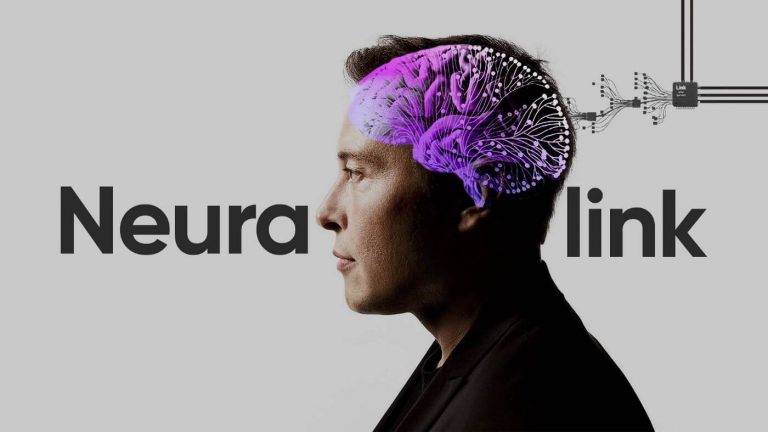Elon Musk’s company, Neuralink, has achieved a milestone in medical history with the successful implantation of a brain chip in a human, marking a significant advancement in healthcare technology. The procedure, revealed by Musk to have taken place on Sunday, resulted in the patient’s well-being.
Neuralink, focused on brain-computer interfaces (BCI), initiated its first clinical trial last fall after receiving FDA approval. The trial specifically targeted individuals with quadriplegia from cervical spinal cord injury or amyotrophic lateral sclerosis (ALS), although caution is paramount due to the inherent risks involved.
The primary goal of Neuralink is to enable individuals to control devices using their thoughts. Previous experiments have demonstrated this capability, notably with a woman utilizing the Brain-Computer Interface to control devices despite paralysis.
While Musk didn’t divulge detailed information on the procedure or trial progress, he mentioned promising initial results indicating successful neuron spike detection. If the company can achieve successful implantation into a human patient, it would mark a significant milestone.
Here is what Elon Musk said about this:

Musk has hinted at broader applications of the technology, including the potential for users to experience alternate realities. However, Neuralink faces scrutiny, including a federal investigation for possible violations of animal welfare laws.
The implant procedure involves placing a chip in the brain’s movement control region using precise surgical robots. This chip, equipped with fine threads, captures neural signals to translate thoughts into digital commands. Neuralink’s debut product, named “Telepathy,” adds a futuristic dimension to the endeavor.
Despite the excitement surrounding Neuralink’s progress, concerns persist, particularly regarding safety measures and regulatory compliance, highlighted by a recent fine from the U.S. Department of Transportation for mishandling hazardous materials.





